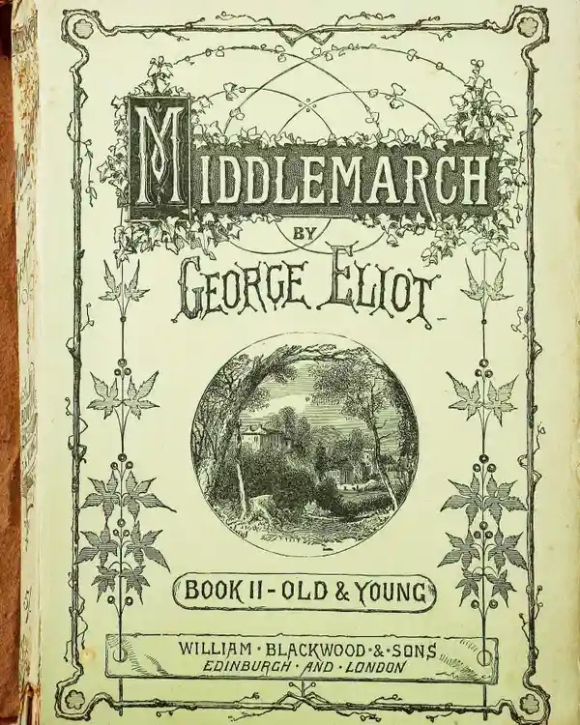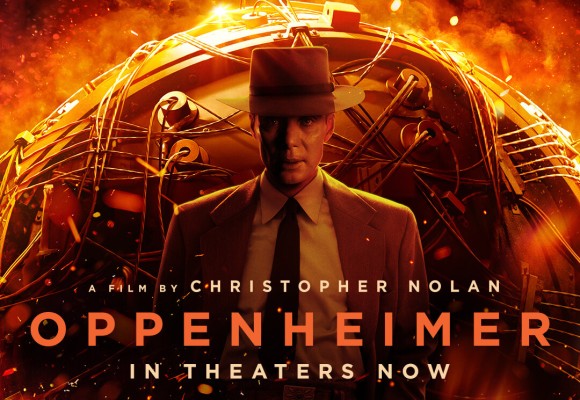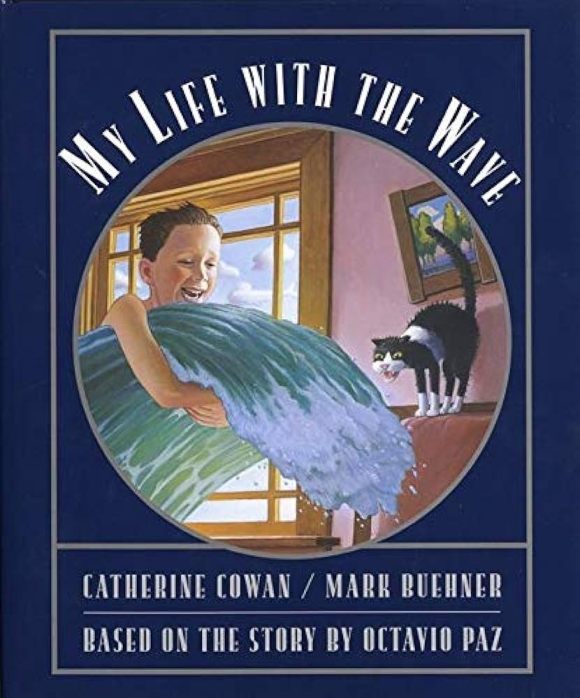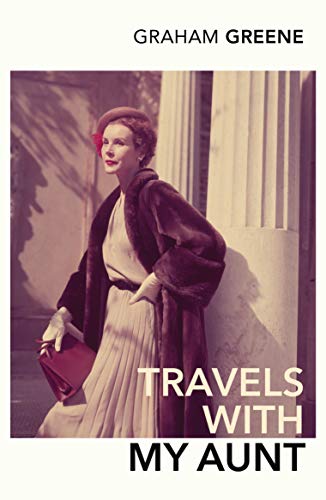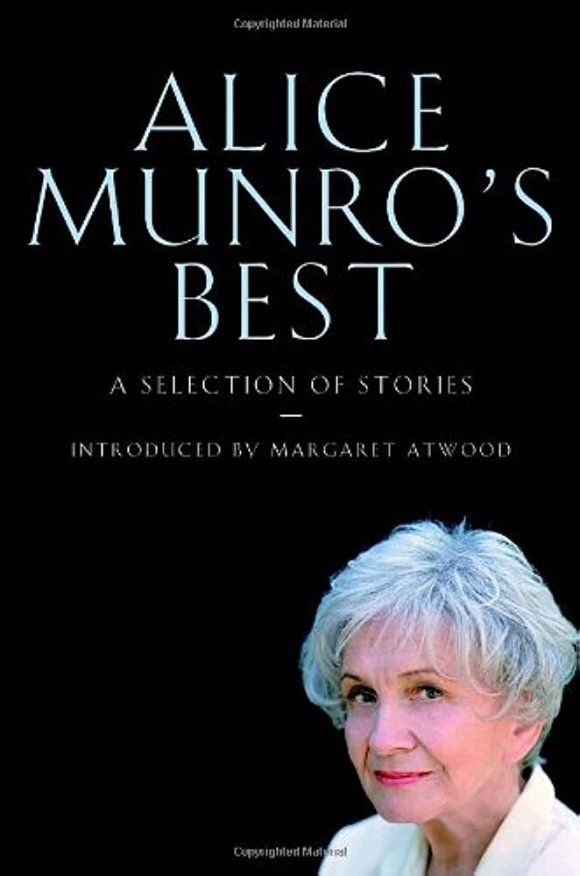What I Read:
The Idiot (1868). Dostoevsky. I read and loved Crime and Punishment in secondary school, and loved it, and reread it two or three years ago, and appreciated and admired it even more; I read The Brothers Karamazov during college and remember barely anything except that I loved that too. The Idiot is only my third Dostoevsky novel. A strange book, oddly structured: a couple of extremely eventful, jampacked days, with monthslong intervals in between establishing patterns and relationships. Even more than in other Dostoevsky novels, all the characters are continually baring their breasts at great length, conveniently narrating whole events or episodes for the sake of narrative efficiency; they’re all extremely emotional, volatile, and open about their emotions, which sometimes stretches the bounds of belief. The titular character, Prince L.N. Myshkin, has become one of my favourites in literature. It’s hard not to love this Jesus-like figure. He’s perceptive, compassionate, imaginative, and incapable of lying. This Don Quixote does know when he’s being mocked, and he has the grace to laugh at himself; he has backbone, and sometimes stands up for himself. The story itself is about crazy people, crazy rich people, with far too much time on their hands, trapped in obsessive love. I do pity Nastasya, and the man and the social mores that destroyed her self-esteem – but she had the resources to reform herself: intelligence, charisma, and money – and she kept vacillating between destroying herself and causing the destruction of another man. She made the right choice, but that didn’t save her would-be-saviour, either.
A long novel but a brisk one, with cliffhanger chapters, a range of colourful, unforgettable portraits, drawn with compassion, often ironical in effect – my favourites besides the protagonists are Nina Alexandrovna, Lebedev, and the boxer – and nerve-wracking buildup of suspense to the novel’s three key moments. Often frustrating to read – you want to shout at Nastasya, at the Prince, at Rogozin, at Aglaya, ‘What’s wrong with you?’ but a compelling portrait of goodness at large in the world, and of the madness of love (and of too much time on your hands). A harrowing tale of human longing and suffering.

Mrs. Dalloway (1925). Woolf. My first Woolf. A headjumping novel, basically plotless, unfolding over the course of a single day, on which the titular Clarissa Dalloway will throw a party. Woolf jumps from head to head on a fairly periodical basis: the jumps are almost always seamless. In our heads, we live in the past as much as the present, so the novel’s clever choice of perspective also lets us jump between timeframes seamlessly. The novel uses semi-stream-of-consciousness, serial commas, and movement through physical and psychological space to create a wonderful lilting, lyrical rhythm. Characters recall scenes, form and re-form opinions, and reflect on other characters on and how they themselves are perceived. Peter Walsh, to me the novel’s most sympathetic character, reflects that, by material standards, he’s made a bit of a mess of his life, has ended up inferior to the Jones – the Dalloways and Whitbreads – but that “the future belongs to men like him.” He marvels how it’s possible that Clarissa, who had a mind superior to her husband’s, has entirely subordinated her projects to his, has espoused his opinions. She herself presents a paradox, combining a Holmesian ignorance of basic but irrelevant facts with a strange, languid dissatisfaction with herself. Ensconced in the main storyline is Septimus Warren Smith’s arc, which does have a plot, radically (and appropriately) condensed, touching, an indictment of the shocking inadequacy of medical care for the Great War’s numerous shell-shocked vets. In the streets of Britain, five years after her victory, patriotic feeling is at high tide; but in the minds of some of its most gifted, sensitive, heroic young men, all is not well. The resolution of Septimus’s story feels fitting, but the way in which it unfolds is as absurd as his own twin convictions that he is a cursed man and that he is reserved to receive great secrets.
A novel teeming with beauty and pain, ambition and disappointment. Also, a novel full of startling descriptions, e.g., “Outside the trees dragged their leaves like nets through the depths of the air; the sound of water was in the room, and through the waves came the voices of birds singing. Every power poured its treasures on his head…”
Short pieces and podcasts:
“The Last, Lonely Days of Ivana Trump” by Nina Burleigh in New York Magazine, Aug 2022
“Amsterdam Is Embracing a Radical New Economic Theory to Help Save the Environment. Could It Also Replace Capitalism?” by Ciara Nugent in Time Magazine, Jan 2021
Several BBC Four Radio Book Club eps.
Sam Harris’s Making Sense podcast: “The Roots of Identity Politics” with Yascha Mounk
“A funeral for fish and chips: why are Britain’s chippies disappearing?” The Guardian Long Reads, Tom Lamont, Jul 2023.
“Stephen King: Master of Almost All the Genres Except “Literary”” Douglas E. Cowan, June 2018, in LitHub
“‘A new way of life’: the Marxist, post-capitalist, green manifesto captivating Japan” Justin McCurry in The Guardian, Sep 2022
“Amsterdam Is Embracing a Radical New Economic Theory to Help Save the Environment. Could It Also Replace Capitalism?” Ciara Nugent, Jan 2021 in Time
“The Many Lessons from James Baldwin’s Another Country” Carole Burns in LitHub, Sep 2023
What I Wrote:
Did a round of subs to lit mags of pieces finished in the last couple of months.
Conceived a new short story, inspired by Mrs. Dalloway’s headjumping style and party-oriented subject; the content is based on two recent sexual/romantic relationships. Tentatively titled “The Course of Love.” A good exercise for me to practise (a) dense, compact writing, (b) developing chains of causality, and (c) multiple characters pursuing multiple motives. Did much of the structuring, prewriting, and character backgrounds.
Edited “Better Late Than Never,” a 5k I drafted last year. This story got positive crits, but I wanted to do a complete rewrite, make more of it; however, when I reread it, it read very well, so I’ve subbed it to lit mags; this piece will replace “To Decide…”, which is now overlong, in the collection.
Rewrote At Play in past tense, and addressed a few other minor comments; reread one last time. It’s finally ready for the collection! I’m proud of this story.
Began redrafting “To Decide or Not to Decide” from an outline created back in July. The third section was problematic; took my time to thoroughly edit the first few sections, and amend the outline for the rest of the story.
Replanned School Trip, and began drafting.
Replanned Last Laugh/Audience.
What I Published:
My short story “The Mistake” (6,500 words) was accepted by Another Chicago Magazine; it’ll be out around January 2024.
My microstory “Mid-Afternoon” in Fairfield Scribes Issue #33:
https://www.fairfieldscribes.com/issue-33.html
How I Fared:
Got myself out of my depressive episode; made some changes to how I live and write; the latter half of September was reasonably productive. There were the breakups, both on the same day, of the two sexual/romantic relationships I’d been in. Both were of very recent origin. I liked the people, good & interesting people both, and I was briefly upset, but soon enough relieved and happy to bid them farewell. Perhaps I was right in the first place, right all my life: I’m better off alone. I’m still dating though: going out is a good break, good for me, excellent for my writing. And of course all this is, more directly, excellent material for fiction. I’ve doubled down on my regime for physical and mental health, and am taking steps to correct the rather appalling lacunae in my cultural and literary knowledge. On the professional/job-hunting side, too, I feel strong and hopeful.
END

